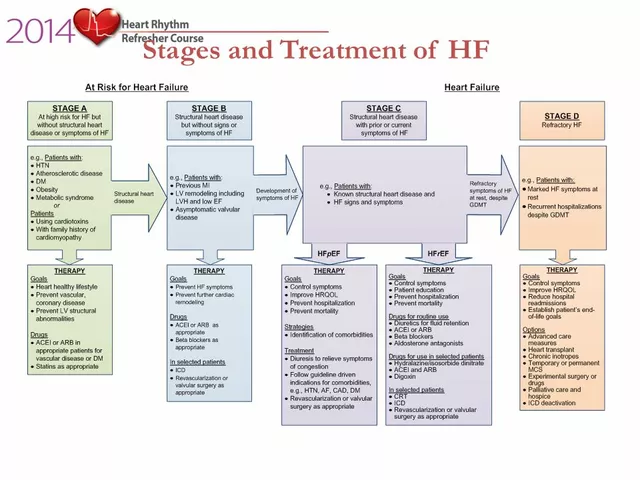Diuretics: What They Are and How They Help Your Body
Diuretics, often called water pills, are medications that help your body get rid of extra salt and water through urine. They’re a common tool doctors use to treat conditions like high blood pressure, edema (swelling from fluid buildup), and certain kidney issues. If you’ve ever wondered what diuretics do or if they might be right for you, this guide breaks it down in simple terms.
Why Do People Take Diuretics?
When there’s too much fluid in your body, it can cause swelling, make your heart work harder, and push up your blood pressure. Diuretics help by flushing out excess fluid, making it easier for your heart and kidneys to do their job. People with heart failure, liver problems, or kidney disease often benefit from these meds to reduce swelling and control blood pressure levels.
Aside from medical treatment, sometimes lifestyle factors like eating too much salt might cause water retention, and diuretics can offer relief. But remember, they are usually prescribed when lifestyle changes alone aren’t enough.
Different Types of Diuretics and How They Work
There are several common types of diuretics, each working a bit differently:
- Thiazide diuretics: These are often the first choice for high blood pressure. They help the kidneys get rid of sodium and water.
- Loop diuretics: Stronger than thiazides, these are used when swelling is significant, like in heart or kidney failure.
- Potassium-sparing diuretics: They help remove water but keep potassium levels steady, which is important since some diuretics can lower potassium too much.
Your doctor picks the right type based on your health needs, symptoms, and other medications you take.
While diuretics help with fluid balance, keep in mind they might cause side effects like frequent urination, dehydration, or changes in electrolytes. Always use them under medical advice and report any unusual symptoms.
Want to know more about how these medications fit your health plan or want tips on managing side effects? Check out our detailed posts, where we explain safety tips, how to recognize when to talk to your doctor, and ways to combine diuretics with other treatments for the best results.
Understanding diuretics isn’t just for patients — it’s for anyone curious about how common medications help our bodies keep balance and stay healthy.

Top Lasix Alternatives in 2024 for Effective Edema Management
- Date: 19 Oct 2024
- Categories:
- Author: David Griffiths
In 2024, there are several effective alternatives to Lasix for managing conditions like edema and hypertension. These alternatives include Torsemide, Bumetanide, Chlorthalidone, Spironolactone, Hydrochlorothiazide, and Metolazone. Each offers unique benefits, such as enhanced potency or potassium-sparing effects, while also requiring attention to potential side effects like electrolyte imbalance. Both healthcare providers and patients should evaluate these options considering specific health needs and conditions.




